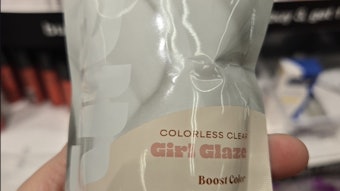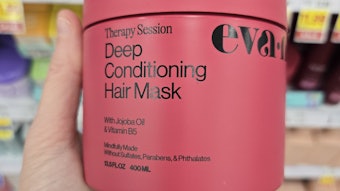Procter & Gamble (P&G) researchers recently have discovered that a specific polymer within the cassia plant may be effective as an ingredient in hair care products. Previously, the plant has been proven effective against lowering cholesterol, reducing blood pressure and relieving eye inflammation, according to the company's newsletter.
Finding an ingredient that effectively deposits conditioning agents onto hair while not compromising the cleaning performance or aesthetics of the product has been an ongoing battle for hair care formulators, according to the company. In the 1970s, formulators discovered cationic polymers as conditioning agents that protect hair against damage. Not only do cationic polymers play a role in coacervate formation, but that function proves useful in reducing the friction caused by brushing or combing hair while wet. Because high levels of cationic polymers negatively effect both lather and product stability, it is difficult to formulate the precise blend of cationic polymers and other ingredients.
P&G researchers recognized the unique sugar structure of the cassia extract and theorized that this natural polymer had potential for hair care. P&G followed this discovery with a study of cassia applications in hair care products in 11 countries and with the input from more than 6,800 women worldwide.
Scientists have based their investigations on a derivative of the endosperm of cassia, known as the galactomannan. The galactomannan is an energy reserve, according to the company, and a significant component of the cassia endosperm's cell walls, an effective physical barrier that offers support and strength to the cell.
The company took the isolated polymer galactomannan and formulated it into a shampoo. It then tested that shampoo against one containing a traditional cationic polymer. The study found the cassia formula performed better in its ability to effectively deposit hair-enhancing ingredients and reduce the damaging friction between the hair and the comb. In addition, the company found that the galactomannan acted as a protective shield in hair care.










